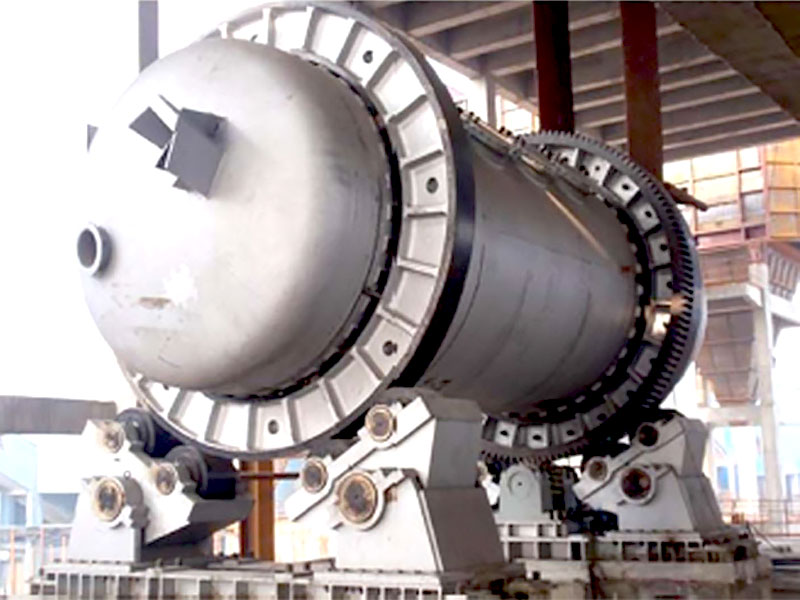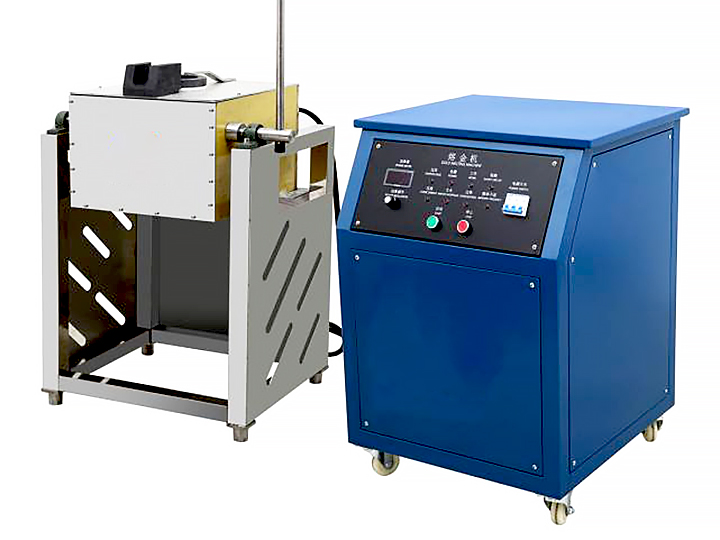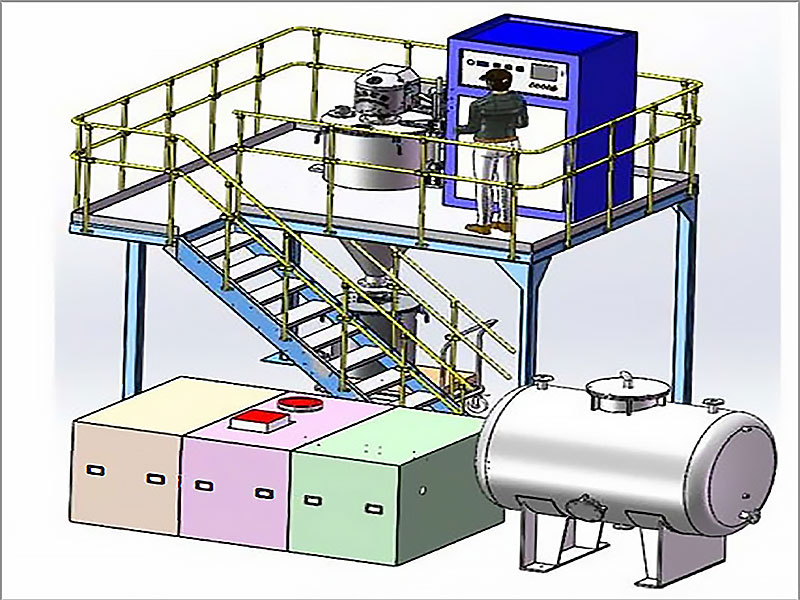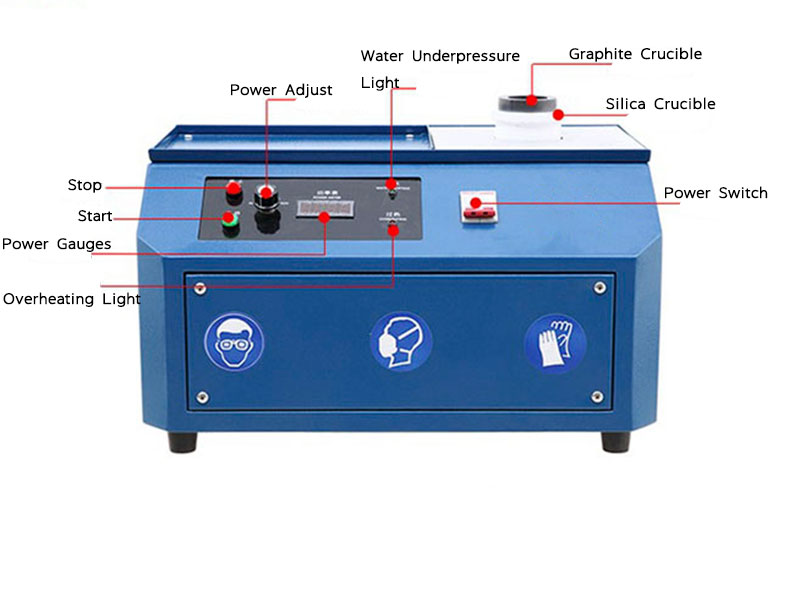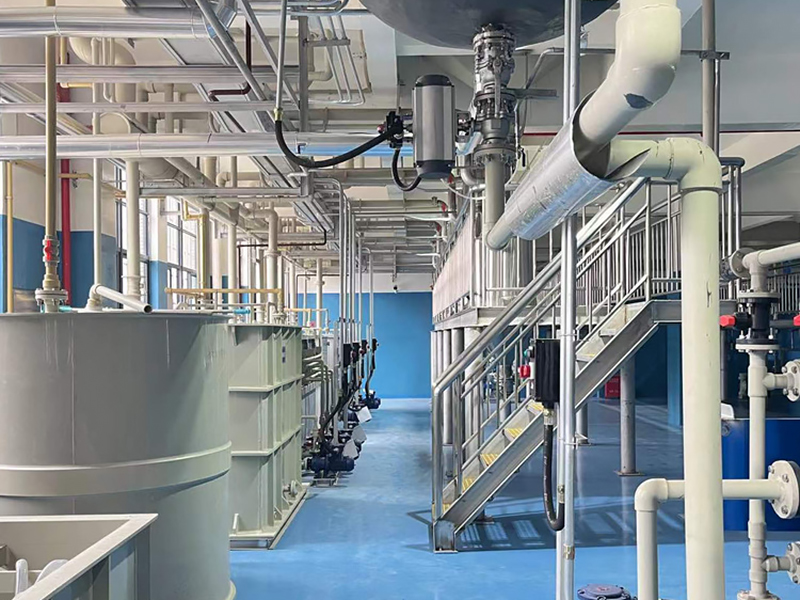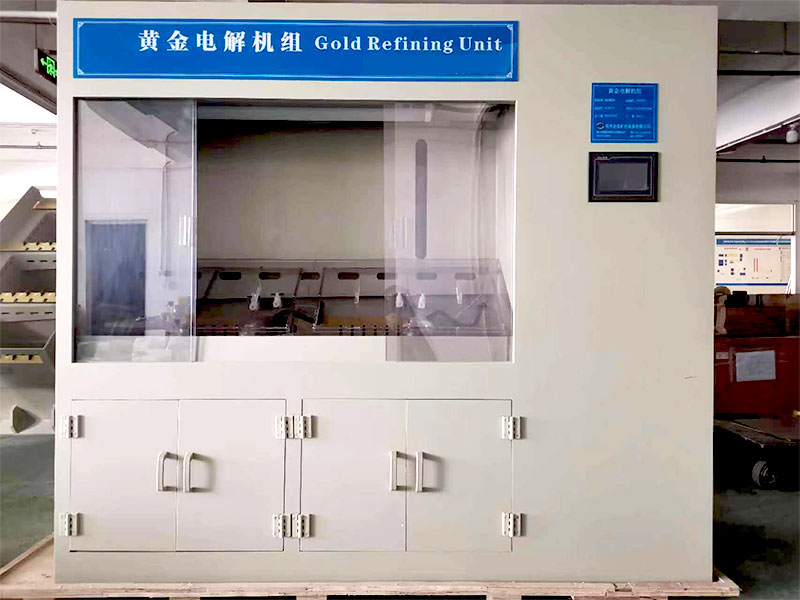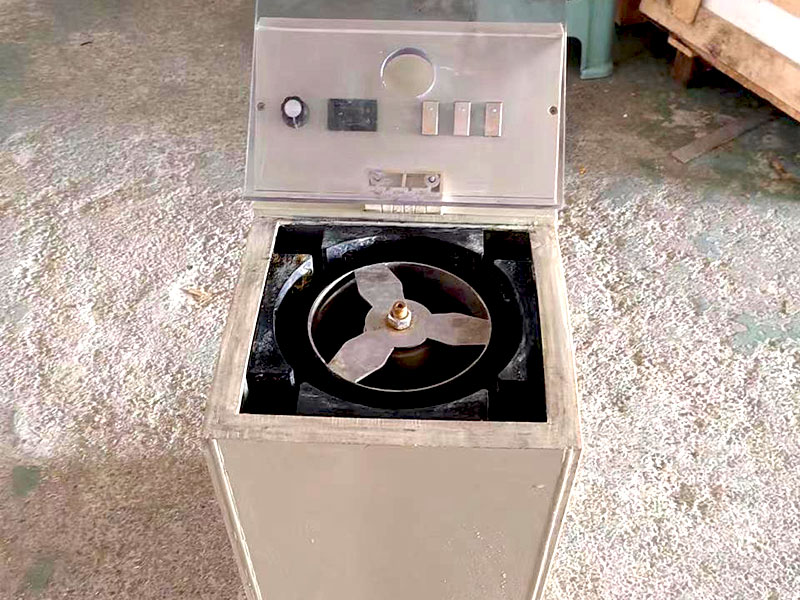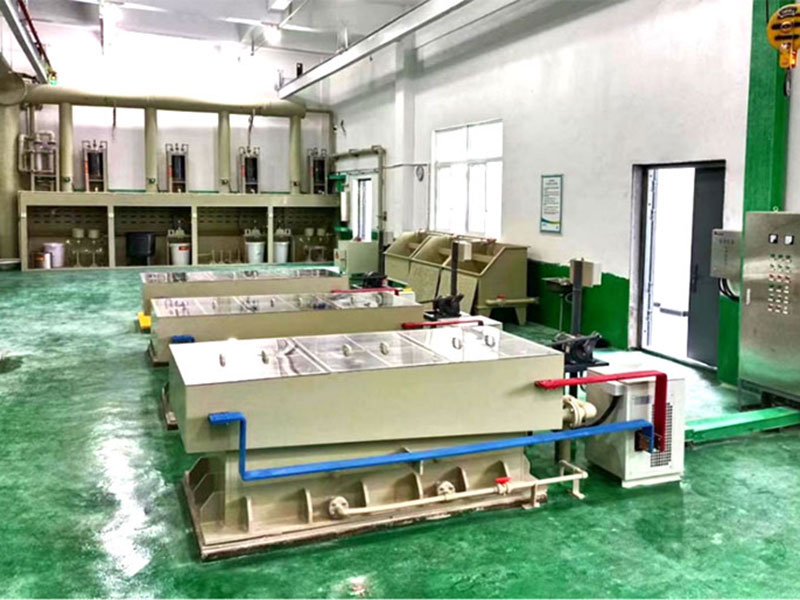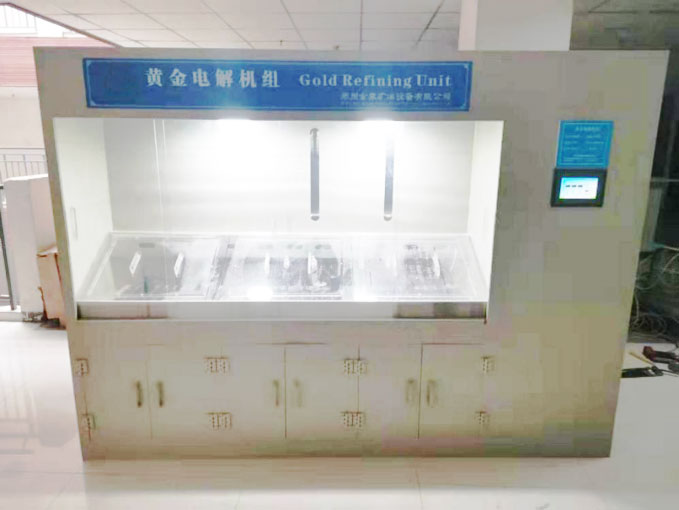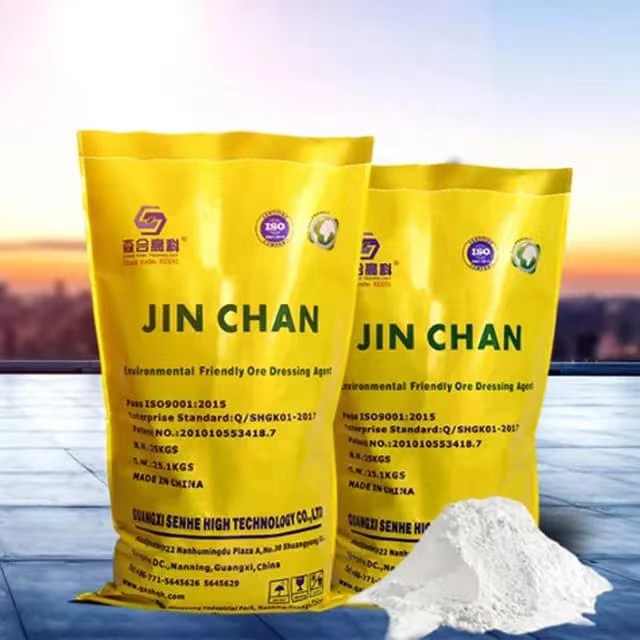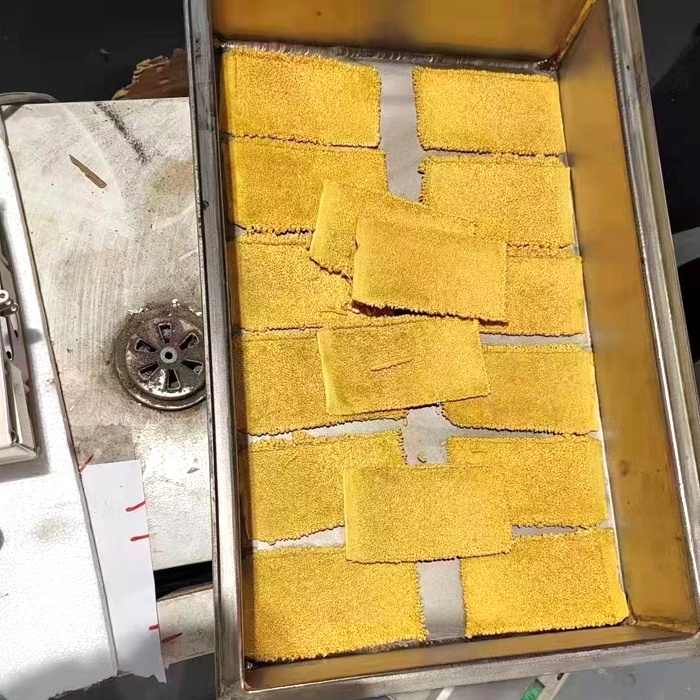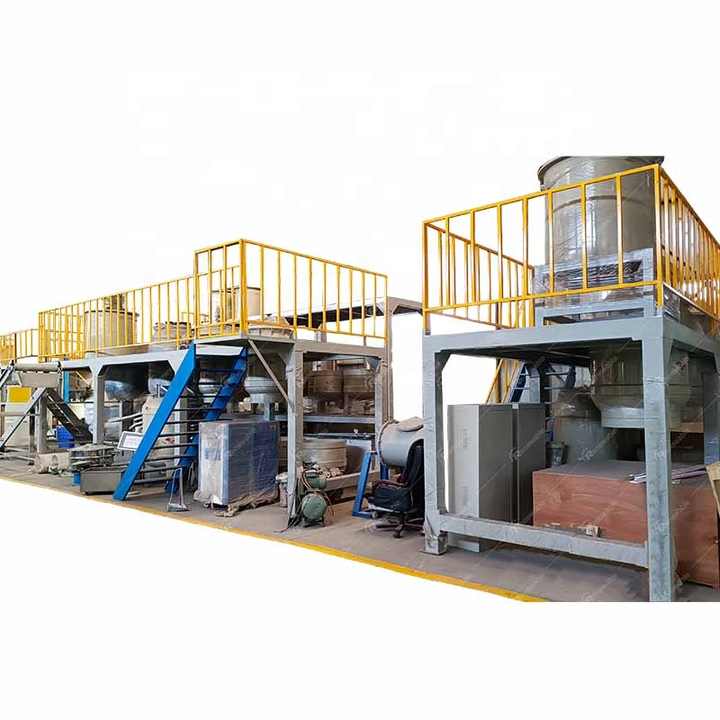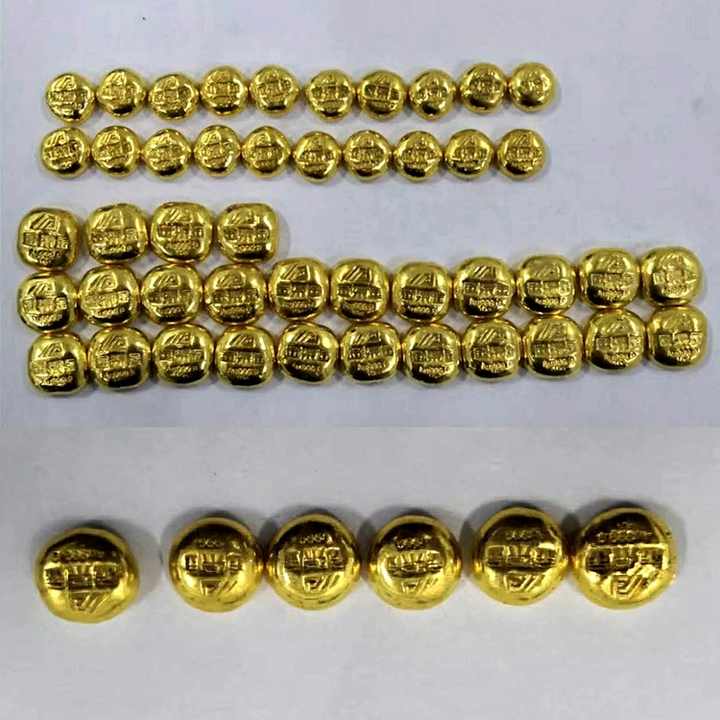Use Mercury In Gold Refining
Use Mercury in Gold Refining: An Overview
Gold refining processes have evolved over centuries, aiming to purify gold from its ore and remove impurities. One traditional method that remains prevalent in small-scale mining operations is the use of mercury for gold extraction. While this technique is effective, it raises significant environmental and health concerns. As experts in the field, FRT Machinery explores the intricacies of using mercury in gold refining, highlighting both its advantages and the critical need for safer alternatives.
Benefits of Using Mercury in Gold Refining
Mercury amalgamation is a straightforward process that has been used since ancient times. When gold particles come into contact with liquid mercury, they form a solid amalgam—a compound that can be easily separated from other materials in the ore. This process makes it particularly useful for small-scale miners who lack access to more sophisticated technologies. The simplicity and effectiveness of mercury in capturing even fine gold particles make it an attractive option for those operating on limited budgets or in remote areas.
Environmental Impacts of Mercury Use in Gold Refining


Despite its efficiency, the use of mercury in gold refining poses severe threats to the environment and human health. When improperly handled or disposed of, mercury can contaminate water sources, soil, and air. This contamination leads to bioaccumulation in the food chain, affecting wildlife and humans alike. Long-term exposure to mercury can cause neurological damage, kidney failure, and other serious health issues. Recognizing these dangers, many countries have implemented regulations to restrict or ban the use of mercury in mining activities.
Health Risks Associated with Mercury in Gold Refining
The health risks associated with mercury exposure during gold refining cannot be overstated. Miners working directly with mercury are at high risk of developing acute and chronic health problems. Inhalation of mercury vapor is one of the primary routes of exposure, leading to respiratory issues and systemic toxicity. Moreover, improper handling practices often result in skin contact, which can also lead to absorption through the skin. It is crucial for manufacturers like FRT Machinery to promote safer practices and technologies that minimize workers’ exposure to harmful substances.
Alternatives to Mercury in Gold Refining
In response to the growing awareness of the dangers posed by mercury, researchers and industry leaders are developing alternative methods for gold refining. These include cyanidation, flotation, and gravity concentration techniques that do not require the use of mercury. While these alternatives may require higher initial investments, they offer long-term benefits in terms of sustainability and worker safety. FRT Machinery is committed to innovating and providing solutions that support the transition away from mercury-dependent processes.
Regulatory Frameworks Governing Mercury Use in Gold Refining

To mitigate the adverse effects of mercury use in gold refining, international bodies such as the United Nations have established guidelines and treaties like the Minamata Convention on Mercury. These frameworks aim to reduce global mercury emissions and promote cleaner production methods within the mining sector. Countries around the world are encouraged to adopt these standards, enforcing stricter controls on mercury trade and usage. Compliance with these regulations not only protects the environment but also ensures sustainable business practices for companies involved in gold refining.
Conclusion: Moving Towards Safer Practices
While the use of mercury in gold refining continues due to its cost-effectiveness and accessibility, it is increasingly clear that sustainable alternatives must be adopted. FRT Machinery advocates for a future where all aspects of gold refining are conducted with minimal environmental impact and maximum safety for workers. By investing in research and development of new technologies, we can pave the way towards a cleaner, healthier industry that respects both people and planet.

